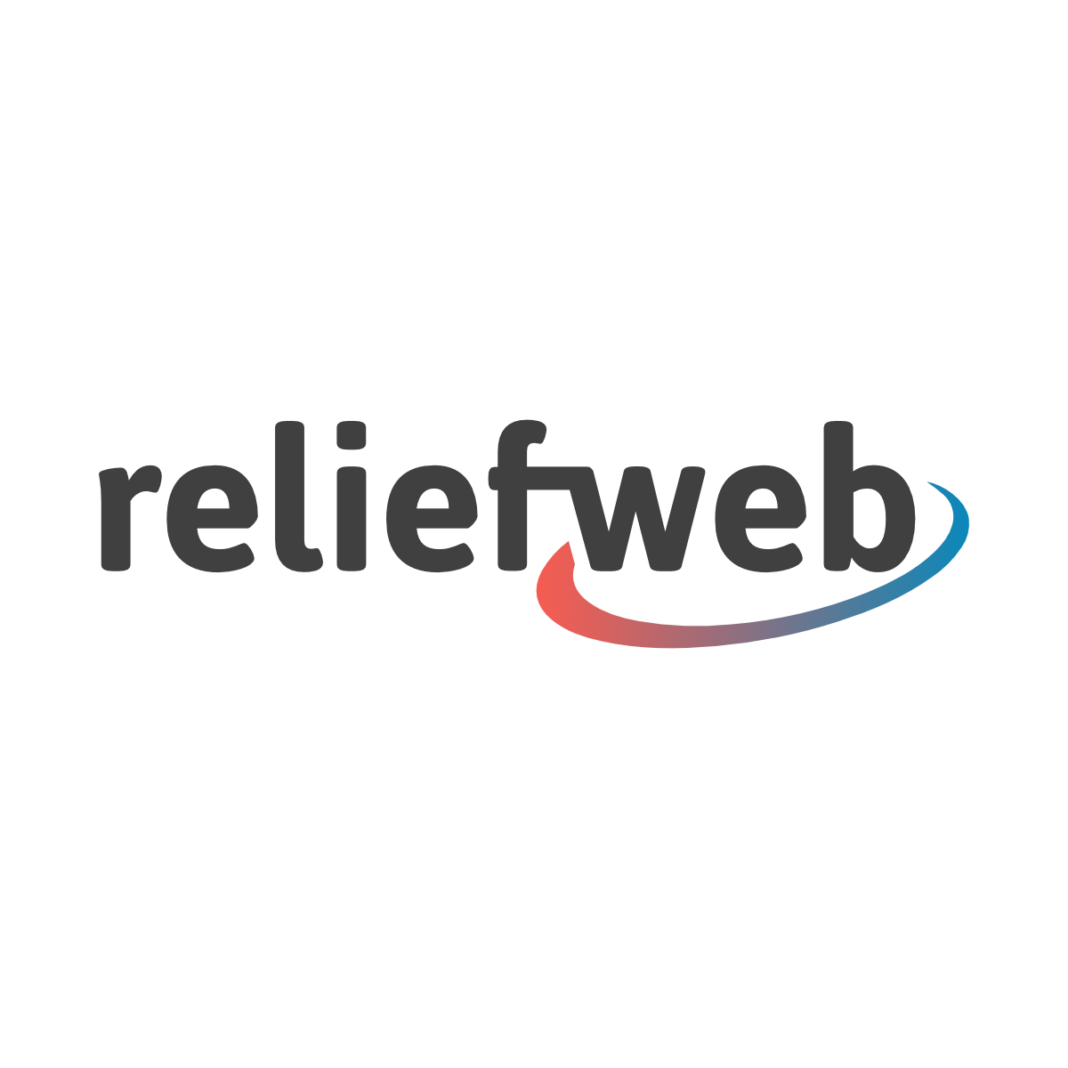Burkina Faso + 7 more
Consultancy_Setting up Humanitarian Mediation Toolkit and Guidelines
Background / Context
It is has long been acknowledged that local actors have a critical role to play in their own protection, as they can draw on their own contextual knowledge, relationships and community resources to both prevent violence from occurring and to mitigate its impact. The recent whole of system review of humanitarian protection reaffirmed that civilian self-protection remains poorly understood and under-utilised by humanitarian actors. Protection efforts in these contexts have largely focused on risk mitigation and response services. There remains a gap in proactive protection to de-escalate conflict or prevent conflict related violence.
Ultimately, it requires external actors to make a shift away from providing protection, to facilitating and enabling civilians to take action to protect themselves.
The Humanitarian Mediation Initiative is a violence prevention model that does just this. It supports communities to reduce their vulnerability and risk through proactive mediation processes. Initially trialled in CAR in 2014-2016, this emergency mediation model has successfully contributed to reductions in conflict between, and improved perceptions of safety amongst, community members. It was further expanded to Mali, DRC and CAR in 2017 and by 2020, across the three countries, more than two-thirds of community members in targeted areas reported feeling safer and more secure at the end of the initiative, with a similar number of participants reporting positive changes in relationships with other participants (75%). An external evaluation was conducted in 2020, concluding that the mediation action delivered strong peacebuilding results and that there were opportunities to further strengthen the model as an emergency protection measure, improve monitoring and cost efficiencies that would enable a more effective scale up. These recommendations form part of the next phase of the mediation initiative in 2021 – 2022.
Objectives
NRC is seeking to finalise and make available a Humanitarian Mediation Toolkit and Guidelines containing all the tools used in the Humanitarian Mediation programme. These toolkit and guidelines will be a reference guide through which the Humanitarian Mediation programme implemented in West and Central Africa will be able to refer to in order to implement quality humanitarian mediation activities.
An external consultant will be recruited to support this work.
Outputs
The consultant will be expected to:
- Collect and consolidate all documents and tools used in the Humanitarian Mediation programme in order to make accurate guidelines, which takes into account the management response to the recent independent evaluation of the initiative
- Make an SOP on the use of the Humanitarian Mediation tools explaining and describing each step;
- Work closely with the Regional Humanitarian Mediation Advisor and the Humanitarian Mediation Managers of the Countries Offices to harmonise the documents used.
- Translate the SOP and the Mediation Toolkit into French and English
- Prepare a costed 4 years implementation plan for each of the 3 implementing COs.
- Management: The consultancy will managed by the Regional Humanitarian Mediation Advisor, in close collaboration with the Regional Protection Advisor and the Global Protection Lead.
- Timeline: The consultancy will be for 45 days. Application Process
- Minimum 8 years of experience in either humanitarian protection, humanitarian mediation; ideally with a combination of project design, implementation and monitoring experience;
- Good technical understanding of humanitarian mediation and protection analysis (or similar humanitarian work);
- Experience designing and delivering training programs
- Excellent understanding of humanitarian protection policy and standards
- Excellent written and communication skills
- Fluency in French and English, fluency in Spanish and/or Arabic would also be an advantage
- Availability on or before 15 September.
How to apply
Submission of interest
Interested applicants should submit the following:
- An up-to-date curriculum vitae and a cover letter
- Examples of relevant work
- A proposed budget, including number of days of work and daily rate (in USD)
Deadline: All bids must be submitted no later than 30 August 2022 at 11: 00 AM (Dakar time) by email to sn.procurement@nrc.no
Late bids will be automatically rejected.
Tender documents
Download the full TOR and RFQ with detailed instructions HERE or requested by email to sn.procurement@nrc.no
For additional information, please send your inquiries to:sn.procurement@nrc.no before the closing date


